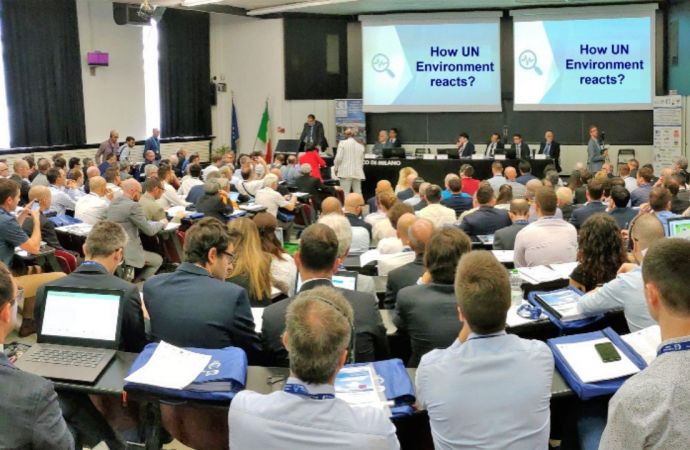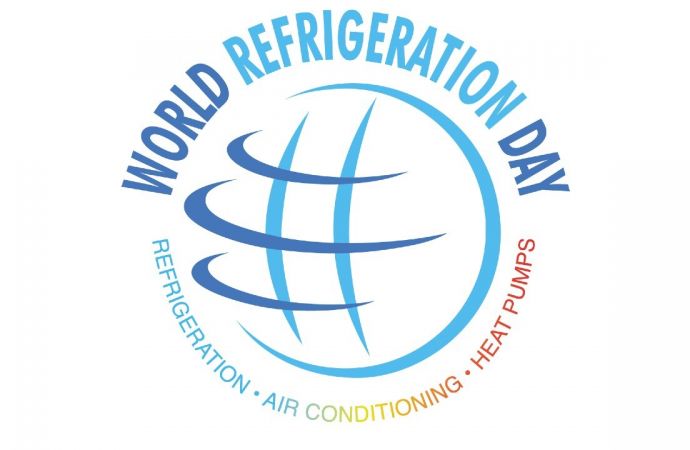More end users are finding ways to cut need for comfort cooling, reducing use of AC systems.

In addition to exceptional efficiency and the use of natural refrigerants, one of the hallmarks of Clean Cooling is the mitigation of cooling demand through such means as enhanced insulation, high-performance glass, green roofs, behavior change (like raising temperature set-point) and even shading and natural ventilation. The industry can expect to see more such measures in the future, reducing the need for mechanical AC.
For example, Delhaize Belgium, a division of Ahold Delhaize, integrates green roofs, natural ventilation in covered carparks, and high-performance glass at its stores, said David Schalenbourg, Director Architecture, Construction & Maintenance, though “behavior change of our collaborators, associates and clients stays a challenge.”
Another European retailer embracing cooling-demand mitigation is German food wholesale specialist Metro AG, one of the leading users of natural refrigerants, with 114 stores running transcritical CO2 systems.
One of those transcritical CO2 stores, located in St. Pölten, Lower Austria, has the further distinction of being Metro's first store to aim for net-zero energy-consumption, with a goal of using only renewable energy created on site with a 6,000m2 (64,583ft2) photovoltaic system on the roof. The St. Pölten store also utilizes natural ventilation to reduce HVAC demand, which is part of Metro’s F-Gas Exit Plan (FEP), as well as high-performance glass, said Olaf Schulze, Metro's Director, Facility, Energy and Resource Management. Curtains are used for store-front windows at Metro stores, he added.
Natural ventilation is also employed at Metro’s head office in Düsseldorf, Germany. Both the head office and the St. Pölten store are certified by BREEAM (Building Research Establishment Environmental Assessment Method).
While Metro Cash & Carry Stores do not have green roofs, they have or will have solar panels, which block the sun’s rays from the roof, noted Schulze.
This article is excerpted from one appearing in “Cooling in 2021,” Accelerate Special Issue #112.
Related stories



